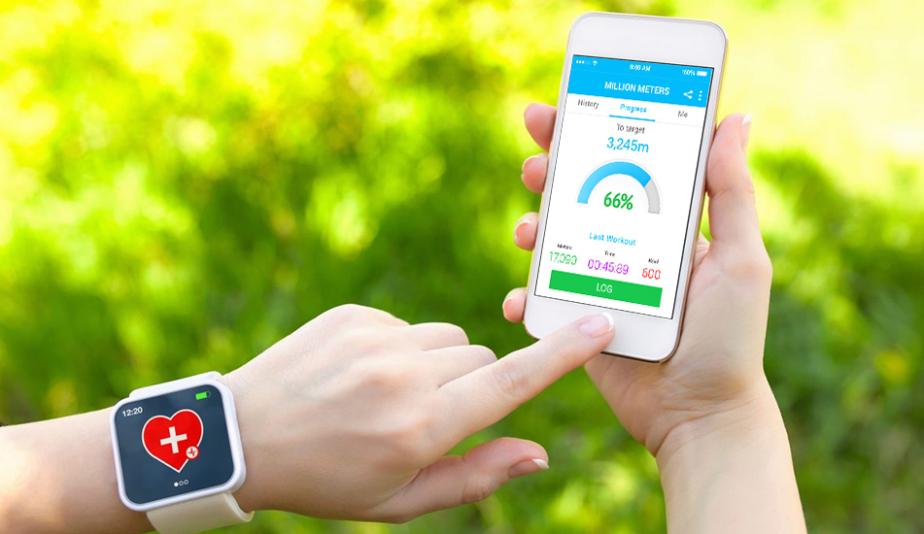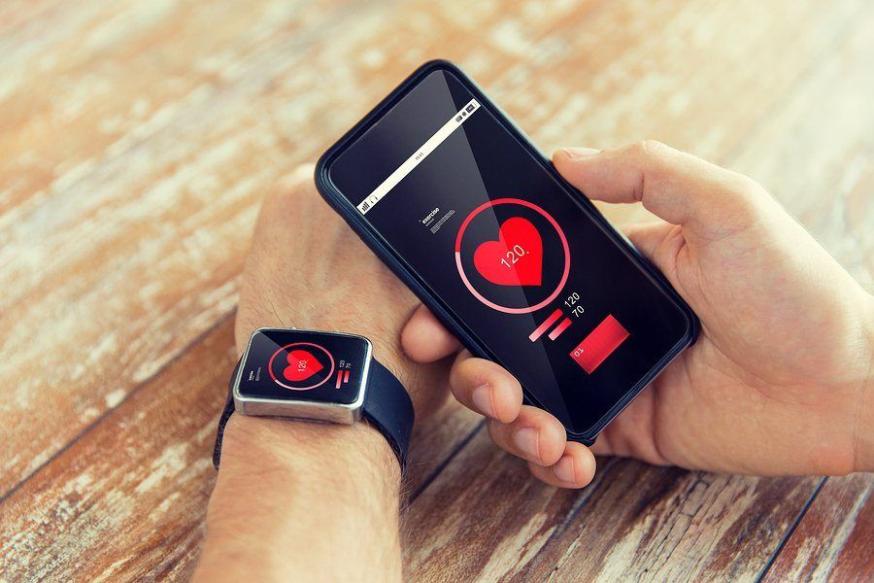How Do Fitness Apps Help People Achieve Their Health Goals?
In today's fast-paced world, maintaining a healthy lifestyle can be challenging. Fitness apps have emerged as powerful tools that can help individuals overcome these challenges and achieve their health goals. These apps offer a wide range of features and benefits that cater to different fitness levels and goals, making them an invaluable resource for anyone looking to improve their overall well-being.

1. Tracking Progress:
Fitness apps allow users to track their progress in various ways, providing valuable insights into their fitness journey. They can monitor:
- Steps taken
- Calories burned
- Distance covered
- Active minutes
- Heart rate
This data helps users stay motivated, make informed adjustments to their fitness routine, and celebrate their achievements.
2. Personalized Workouts And Plans:
Fitness apps offer personalized workouts and plans tailored to individual goals and fitness levels. Users can choose from a variety of workout types, including:
- Strength training
- Cardio
- Yoga
- Pilates
- Dance

These plans are designed to challenge users while ensuring they stay engaged and motivated, leading to better results.
3. Community And Support:
Fitness apps often have built-in communities where users can connect with others who share similar goals and interests. These communities provide a platform for users to:
- Share progress
- Ask questions
- Offer encouragement
This social support can be invaluable in helping users stay motivated and accountable, creating a sense of camaraderie and shared purpose.
4. Gamification And Rewards:
Fitness apps often incorporate gamification elements to make exercise more fun and engaging. These elements may include:
- Challenges
- Rewards
- Leaderboards
These elements add a sense of competition and accomplishment, helping users stay motivated and making exercise a more enjoyable experience.
5. Real-Time Feedback And Insights:
Fitness apps can provide real-time feedback on users' performance, allowing them to optimize their workouts and avoid overexertion. They can track:
- Heart rate
- Pace
- Distance
This feedback helps users understand their bodies better and make informed decisions during their workouts.
6. Integration With Other Health Apps:
Fitness apps can integrate with other health apps to provide a comprehensive view of users' health. This integration allows users to track:
- Nutrition
- Sleep
- Stress management
By combining data from different apps, users can make informed decisions about their overall health and well-being, creating a holistic approach to their fitness journey.
7. Accessibility And Convenience:
Fitness apps are accessible 24/7, allowing users to work out whenever and wherever they want. This convenience makes it easier for users to fit exercise into their busy schedules, whether they're at home, at the gym, or traveling.
Fitness apps offer a wide range of features and benefits that can help individuals achieve their health goals. From tracking progress and providing personalized workouts to fostering a sense of community and offering real-time feedback, these apps empower users to take control of their fitness journey and improve their overall well-being. If you're looking to make positive changes to your health, consider incorporating a fitness app into your routine and experience the transformative power of technology in your pursuit of a healthier lifestyle.
YesNo

Leave a Reply